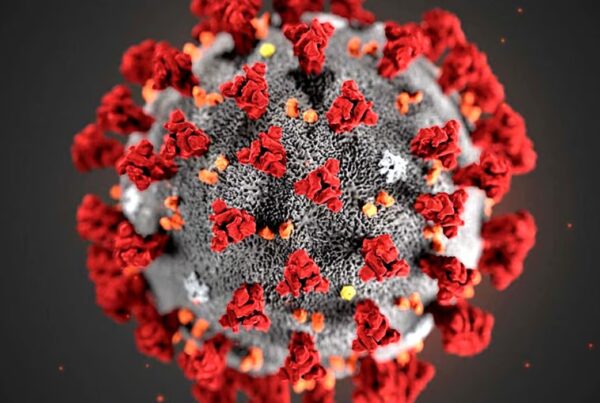Climate change poses a significant threat to global food security, with rising temperatures, changing rainfall patterns, and extreme weather events all contributing to crop failures and reduced yields. To mitigate the impacts of climate change on agriculture, new technologies are being developed to drive sustainable practices, and AI is at the forefront of this effort.
AI-enabled sustainable agriculture is a key solution to climate change, enabling farmers to optimize crop yields while minimizing environmental impact. Through precision farming, AI can help farmers make data-driven decisions about crop selection, irrigation, fertilization, and pest control. By using machine learning algorithms to analyze vast amounts of data, AI technologies can identify patterns and insights that would be difficult or impossible to discern manually.
One of the most significant contributions of AI-enabled sustainable agriculture is the potential for carbon sequestration. By optimizing soil health, farmers can increase the amount of carbon that is stored in the ground, reducing greenhouse gas emissions and mitigating the impacts of climate change. AI-powered soil monitoring systems can provide farmers with real-time data on soil health, allowing them to adjust their practices to maximize carbon sequestration.
Moreover, AI technologies can be used to develop more efficient and sustainable supply chains, reducing waste and emissions throughout the agricultural value chain. For example, AI can be used to optimize transportation routes, reducing the distance that food has to travel and minimizing carbon emissions.
While AI-enabled sustainable agriculture holds great promise, there are also challenges that must be addressed. These include concerns around data privacy, as well as the need for increased investment in rural infrastructure and the development of AI-specific regulations and standards.
In conclusion, AI-enabled sustainable agriculture is a key solution to climate change, enabling farmers to optimize crop yields while minimizing environmental impact. Through precision farming, carbon sequestration, and the development of sustainable supply chains, AI technologies are transforming agriculture and driving sustainable practices. To fully realize the potential of these technologies, it is important to address the challenges that they present and work to create an ethical, sustainable, and equitable agricultural system.



